Exclusive Q&A: Mari Ruti's Case for Falling in Love
This new books explains why romance guides will not hep you get into a relationship.
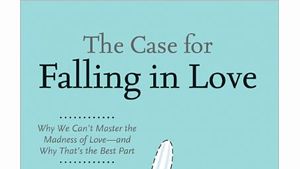

Mari Ruti is tired of self-help books giving love a bad rap. After watching a friend read Venus and Mars Starting Over, and subsequently make a frantic effort play up her "soft side"and tamp down on her sexy one, the former assistant director of Harvard's women, gender and sexuality studies program decided to read as many self-help guides on love as possible. She was unimpressed, to say the least. "Some of them I had read before, usually after breakups when I had been looking for nuggets of romantic wisdom,"she writes. "But this time around I wasn't reading with my bleeding heart. I was reading with my brain…and let me tell you, the more I read, the more upset I got."
Instead of avoiding the Barnes & Noble self-help section like the plague, Ruti decided to investigate. She polled her guy friends la Greg Behrendt (He's Just Not That into You) on the topic of women changing light bulbs; thought about her former students' opinions on everything from porn to Gossip Girl; reexamined her past experiences with love and combined it all in her new book The Case for Falling in Love (Sourcebooks). We talked with Ruti about why Blair Waldorf sometimes has the right idea, and if love can truly be "conquered."
The title of your book is The Case for Falling in Love. What kind of argument are you making?
That people should let themselves experience romantic love instead of trying to manage it. Various things might work to change that, but you might find yourself frustrated if you rely on those.
Your book dissects a lot of the myths in self-help literature. Why are books like the ones in the Men are from Mars, Women are from Venus series so popular if they're built on stereotypes?
I spent my teen years in Scandinavia where people think in a different way about men and women than they do here. In North American culture we are completely ingrained to think of men and women as coming from completely different places. John Gray has been writing the Venus/Mars books for a long time and he captured something that is really basic and visceral in our culture, but he is only articulating something that people already believe. Readers are willing to believe him because it's kind of what they're expecting to hear in the first place. We're blind to the fact that we're talking about cultural constructs rather than biology. There are studies that sound very scientific and make biological arguments—and we believe what scientists tell us—but gender has very little to do with biology.
Is that why The Case for Falling in Love is different from most self-help books?
The biggest difference is that I'm so adamantly against the idea that men are like these other creatures. I'm really tired of hearing self-help authors describe men in very rigid ways. My main question is: why would you ever want to date a man who falls into the stereotype of someone who's hardwired to cheat? Why would any woman want to date a person like that? Many self-help guides are trying to show women how to manage men like this, but we should focus on finding the right kind of guy rather than chasing after and trying to change the wrong kind of guy. The Case for Falling in Love has less of a prescriptive element and I'm trying to help people think in new ways.
Stay In The Know
Get exclusive access to fashion and beauty trends, hot-off-the-press celebrity news, and more.
So where can women find good advice about relationships?
I can't speak for everyone, but try talking to younger men under-35 in relationships. Talk to your male friends and your boyfriends and your brothers, and listen to how much they obsess about love. Take it seriously and don't assume that just because guys don't talk about it, that they're not thinking about these things. If you push men a little, you find out these wonderful things about how they feel. I have an academic background of thinking about gender and culture and if someone were interested in finding out about this, they could go the research route. But you could also just talk to guys rather than making assumptions.
Or, like your chapter "For better romantic advice, watch Gossip Girl"suggests, women could check out shows like Gossip Girl, Glee, and Bones.
If that's what you're comfortable with. The Venus/Mars paradigm is falling apart. Younger people are able to see things that the older generation has not been able to. I'm not advocating the "mean girls"mentality of someone like Blair Waldorf on Gossip Girl, but the gendering of the characters on the show is very fluid. Nate obsesses about love and Dan does his best to convince everyone that he doesn't care, but viewers know that he cares tremendously. There are also driven female characters on the show that break down the Venus/Mars mentality and let women be sexually and professionally ambitious.
So how do women strike a balance between being realistic about love and expecting their love lives to play out like the ones in a Harlequin novel?
One thing that really bothers me about the male/female divide is that it locks people into boxes and makes people feel like they have to enact those characters. I don't have any interest in asking women to behave a certain way. Every woman should look at herself and say how she wants to go about her own love life. There are no rules—some women like to be chased and I would never want to tell them that they shouldn't do that. All I'm saying is that relationships can play out differently. If you're the kind of woman who enjoys emulating Blair Waldorf, go for it to a certain extent. But if you're not that person, go the other route. There is no one formula that will work for everyone.
What about dating sites like match.com? You mention that services like those can commodify love.
Just the fact that you can go on those sites and kind of cruise potential partners endlessly without the obligation of buying. I'm not saying it's completely bad, but there is a kind of absolute superficiality. There are superficial markers of occupation or of what people look like, and then there's the added proliferation of how people look. Dating sites encourage a consumer mentality where people can just have more and more and more. There's a harnessing mentality of trying to get as many conquests or dates or correspondences as possible. My objection is that people aren't shoes or cars. I'm not saying people mean to think that way, but you can slide into that mentality.
How do people hoping to fall in love break out of negative patterns like that one?
We can think more deeply about cultural constructs and learn how to break out of those. I teach 18 to 22 year olds and I sense that this message is not foreign to them. A lot of the undergrads I teach seem to understand that we've internalized certain cultural ideas, and I'm only putting words to something they know about. But knowing that men and women are a "certain way" is culturally constructed doesn't make it feel any less real to us. It feels natural and biological and breaking those kinds of deep-rooted patterns is incredibly demanding. I just want to give women a new way of thinking about falling in love. I'm not expecting anyone to turn around say, Now I'll be completely different, but I think we can be self-aware enough to understand that what you're doing now is not what you absolutely have to do. You can start doing things differently over time. Love has been about the Mars/Venus model for so long and I'm hoping that this book will make people thoughtful and that there is an audience that is ready for this.
If you read your own book years ago, what would you have done differently in your love life?
A few years ago, if I had taken my own advice, I would have let my boyfriend at the time walk away without all the drama that happened. I was trying to control an issue that was out of my control, and out of all the relationships issues that I have had it's the one thing that I regret. I have such a passionate view about this because I've learned the hard way that it won't work. When something goes wrong in your love life, it's not because you didn't 'play by the rules' or made some mistake. If it's meant to work out, it'll work out.
Your book concludes with 12 anti-rules for women such as 'stop trying so hard', 'stop being so cautious' and 'stop being afraid to have needs and vulnerabilities'. Which of these rules is most important to you?
Not being so hard on yourself when you may have screwed up. As a culture we are conditioned to think that love can make us happy and it can, but I don't think that in broader terms that that's the main mission of love. There is something about trying to build intimacy that is inherently volatile. I'd say that in a vast majority of cases when something goes wrong it's not because someone did something wrong, but because love is capricious. You'd like it to work out but sometimes it just doesn't. I hate the idea of women sitting around and blaming themselves for all the mistakes they've supposedly committed and trying to dissect everything they've done. I think, Oh my god, that's not the issue. Sometimes cheating or obvious problems break up a relationship, but it is also just the nature of love.
Is that what made you realize that you had to write this book?
I've had some incredibly good relationships. I've had some serious and wonderful relationships. But I've had some serious heartbreak as well. I'm old enough now to realize that those heartbreaks were the best things that happened to me, and this is a huge part of the book. I think that a lot of older people would back me up in saying that the thing that is hardest at the time—the devastating heartbreak that you think you'll never get over—turns out to be the best thing. You gain empathy, compassion and a different way of figuring out what human life is, and what love is supposed to teach us.
Judith is an associate editor at Cosmopolitan magazine.
-
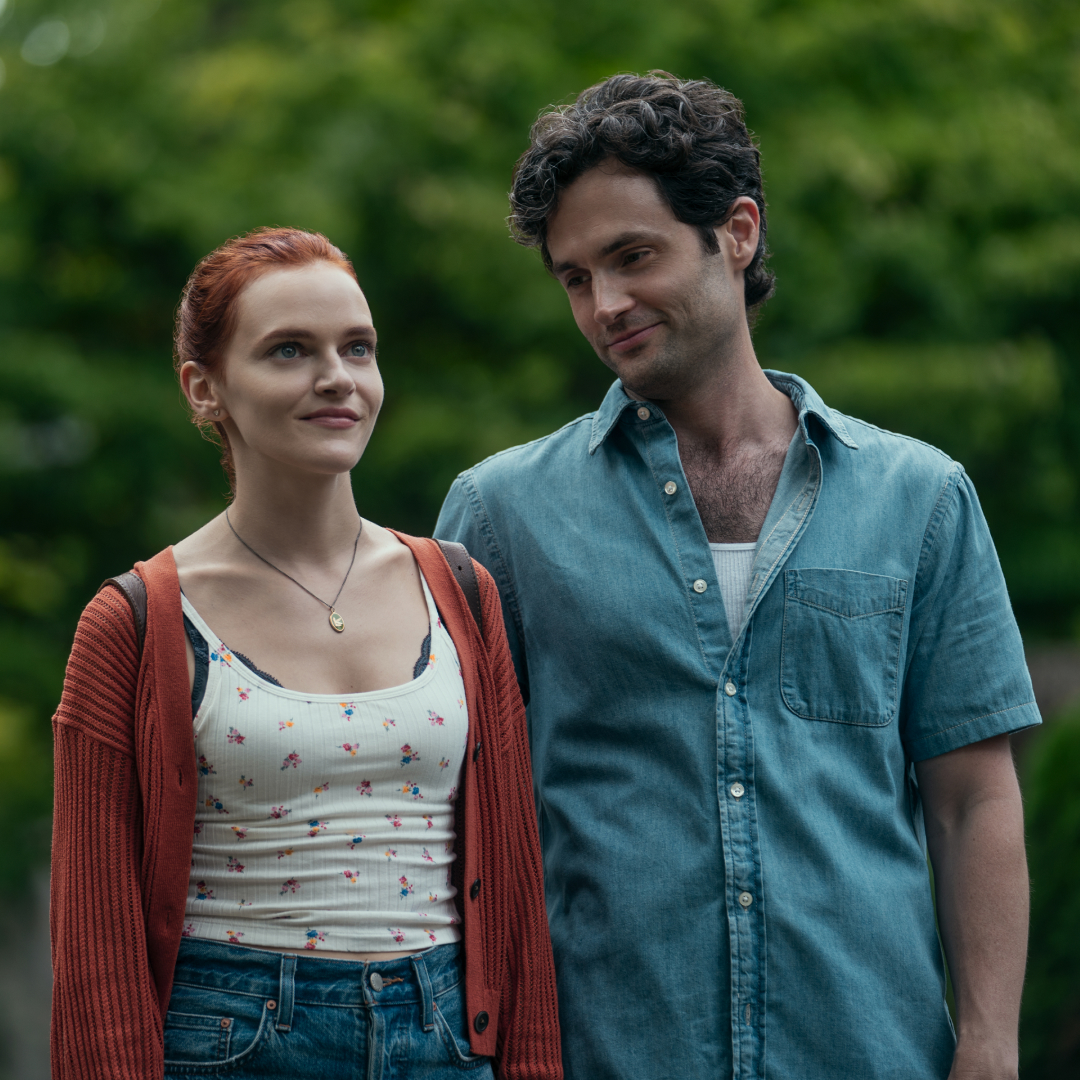 The 'You' Season 5 Cast Features People From Joe's Past, a New Love Interest, Madcap Twins, and More
The 'You' Season 5 Cast Features People From Joe's Past, a New Love Interest, Madcap Twins, and MoreHere's what to know about the star-studded final installment of the Netflix hit.
By Quinci LeGardye
-
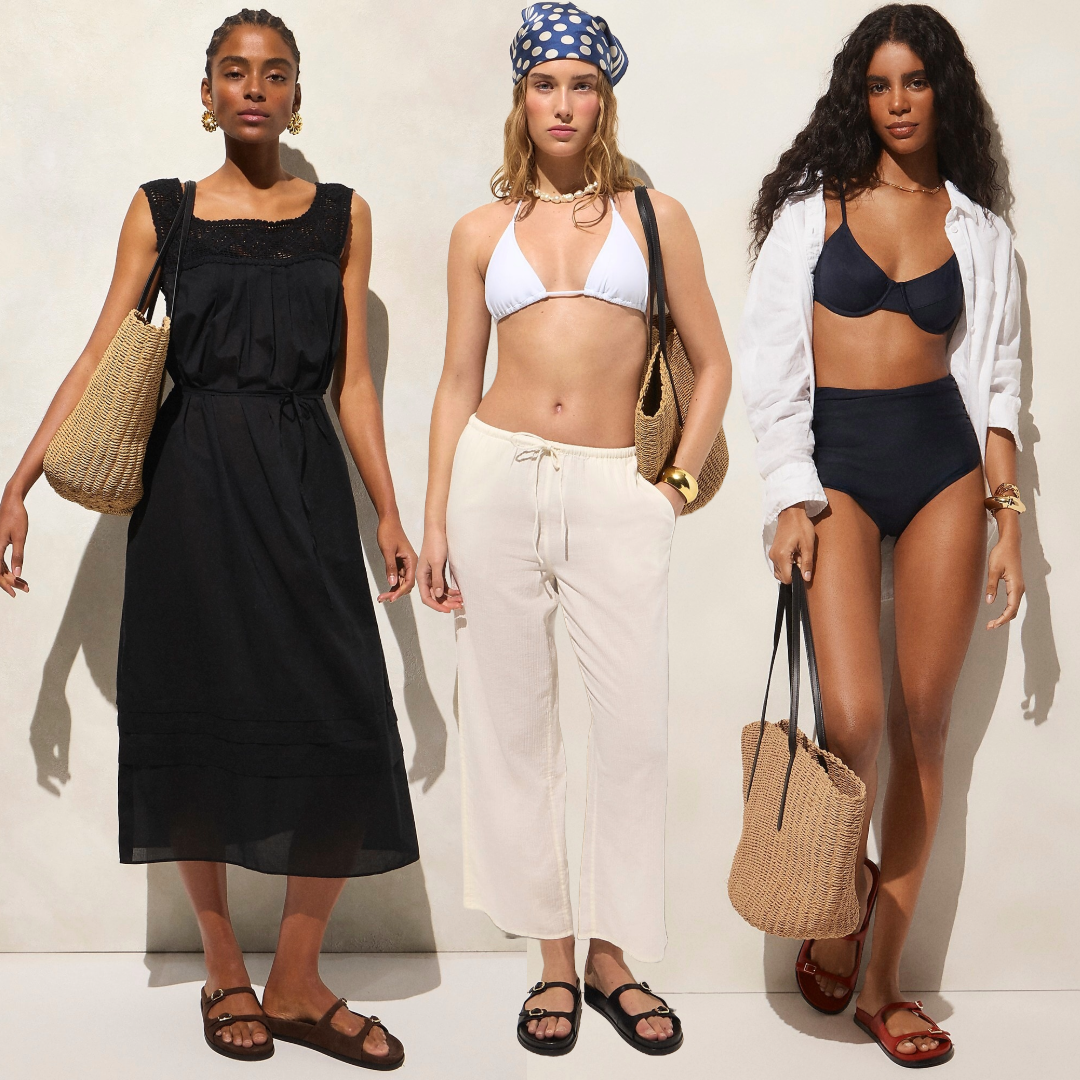 These J.Crew Sale Finds Basically Packed My Suitcase for Me
These J.Crew Sale Finds Basically Packed My Suitcase for MeI'm ready for my next vacation.
By Brooke Knappenberger
-
 Summer's Sportiest Shoe Trend Is Worth Shopping More Than Once
Summer's Sportiest Shoe Trend Is Worth Shopping More Than Once17 pairs from Nordstrom, Mango, and Zara I'm shopping now.
By Julia Marzovilla
-
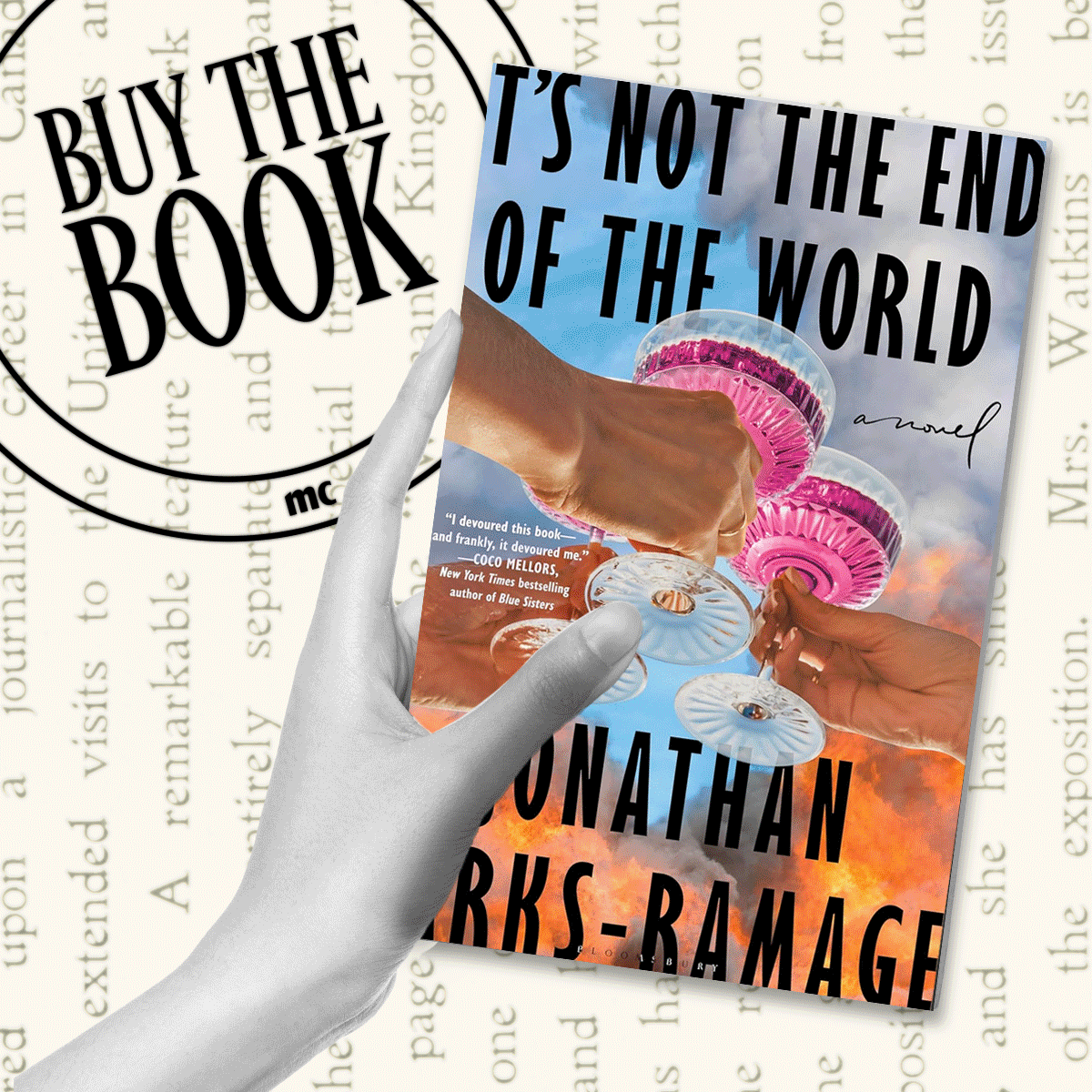 Climate Fiction So Earth-Shattering You’ll Never Forget to Recycle Again
Climate Fiction So Earth-Shattering You’ll Never Forget to Recycle AgainThese dystopian books imagine a future where the worst has already happened.
By Liz Doupnik
-
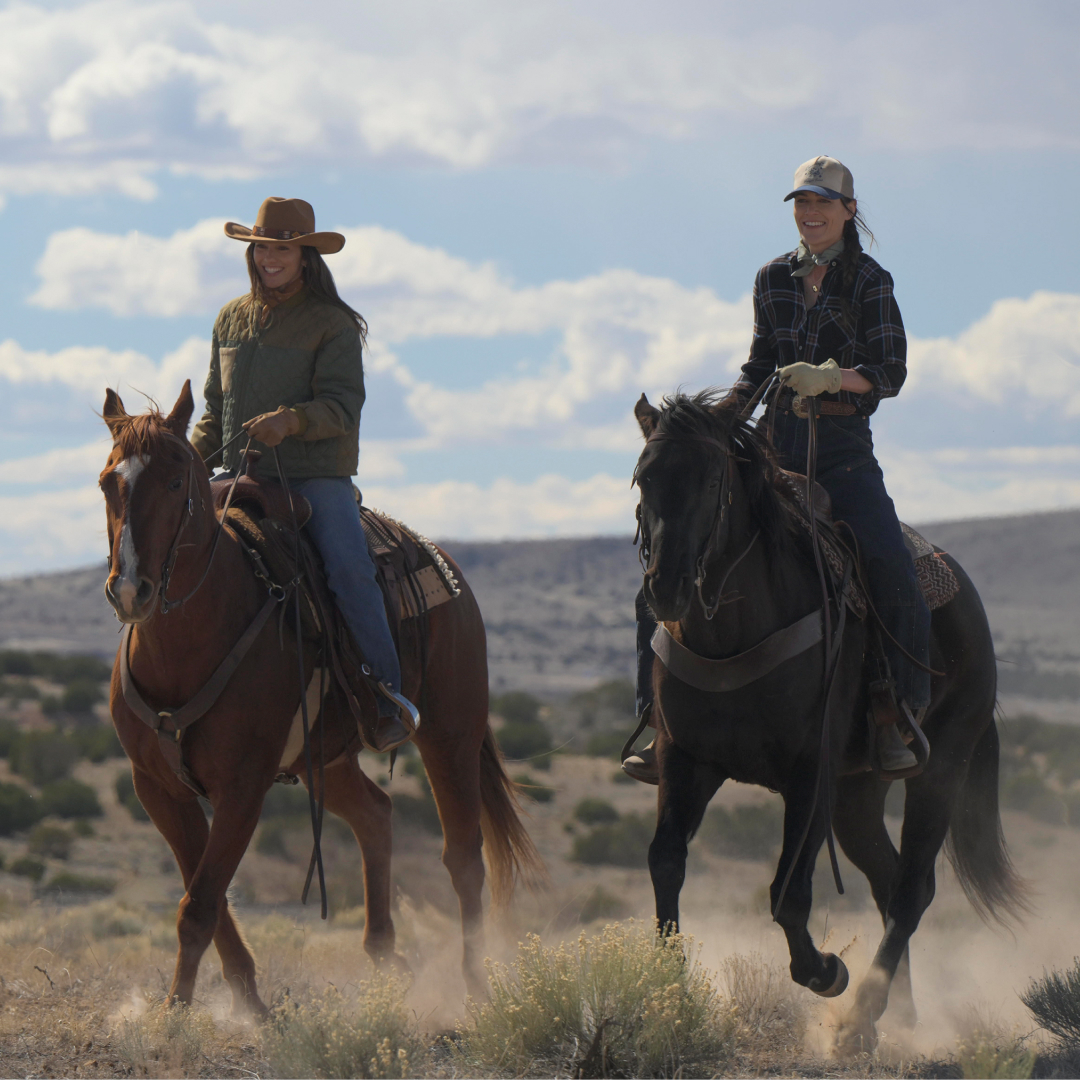 Is 'Ransom Canyon' A Real Place? What to Know About the Netflix Western's Filming Locations
Is 'Ransom Canyon' A Real Place? What to Know About the Netflix Western's Filming LocationsHere's what to know about the real-life ranches featured in the Netflix series.
By Quinci LeGardye
-
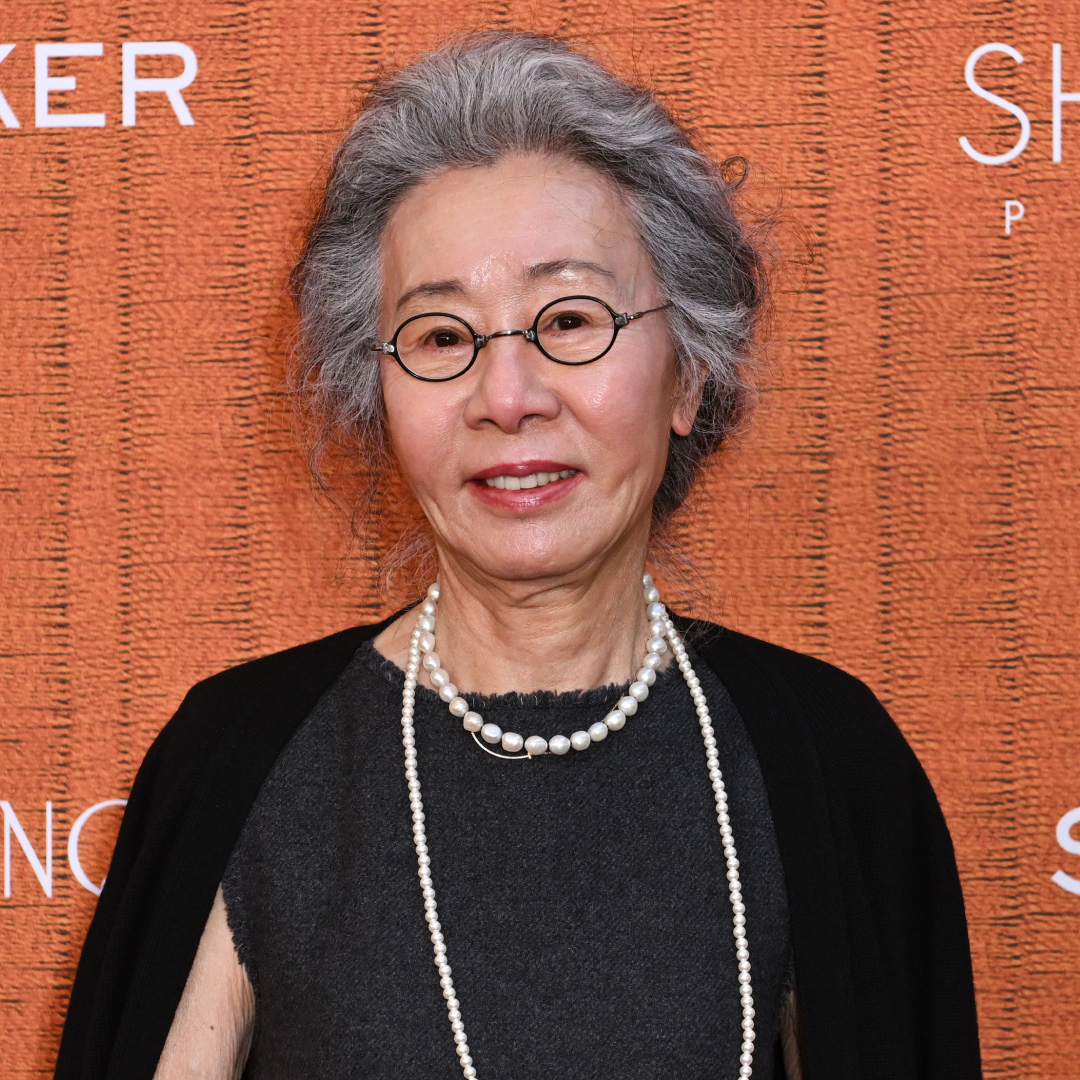 Youn Yuh-jung Poured Her Heart Into 'The Wedding Banquet'
Youn Yuh-jung Poured Her Heart Into 'The Wedding Banquet'The Oscar winner shares why the LGBTQ+ rom-com hit close to home and the message she hopes it sends to ''conservative'' Koreans.
By Quinci LeGardye
-
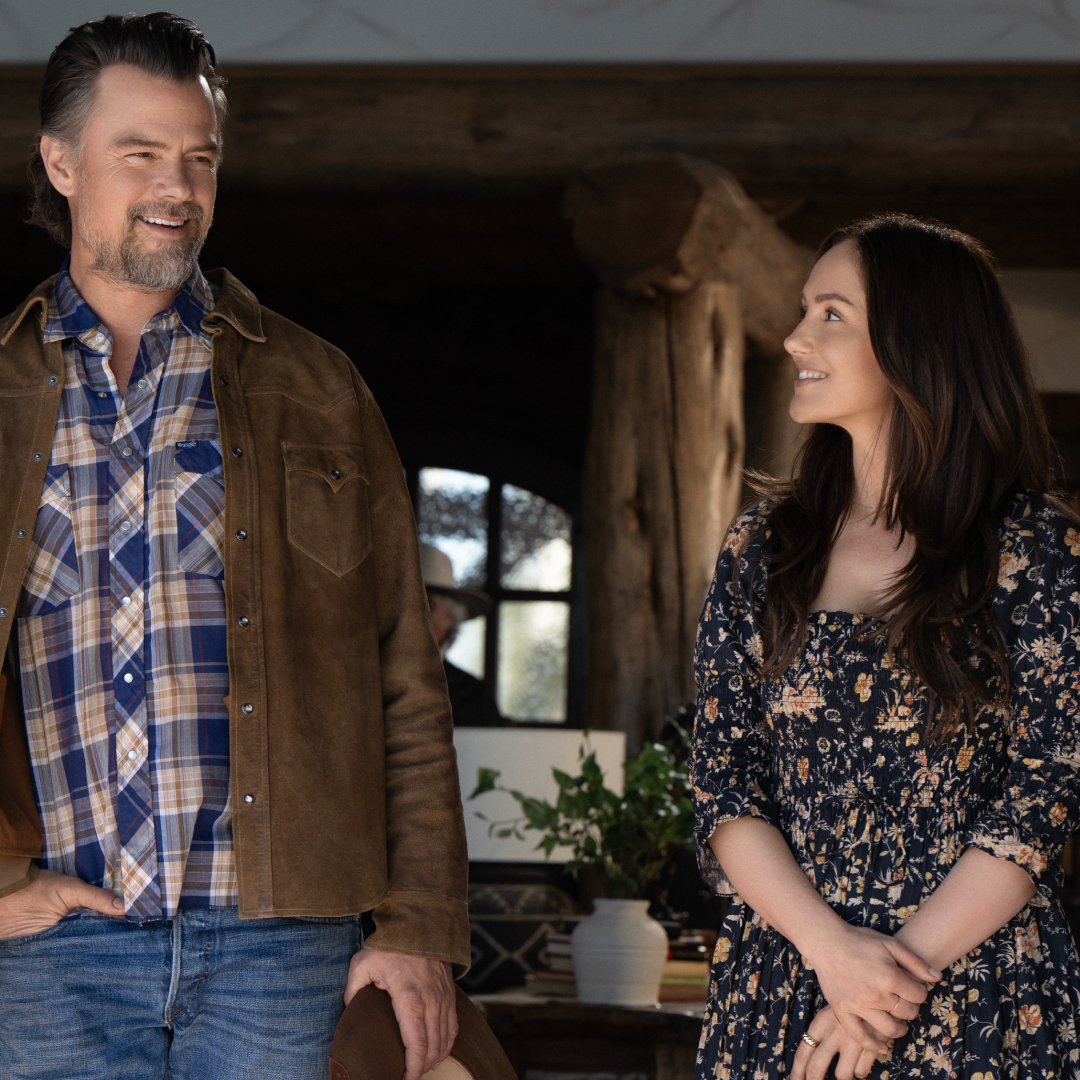 'Ransom Canyon' Season 2: Everything We Know
'Ransom Canyon' Season 2: Everything We KnowWe're dying to see where the show's central will-they-won't-they goes next.
By Radhika Menon
-
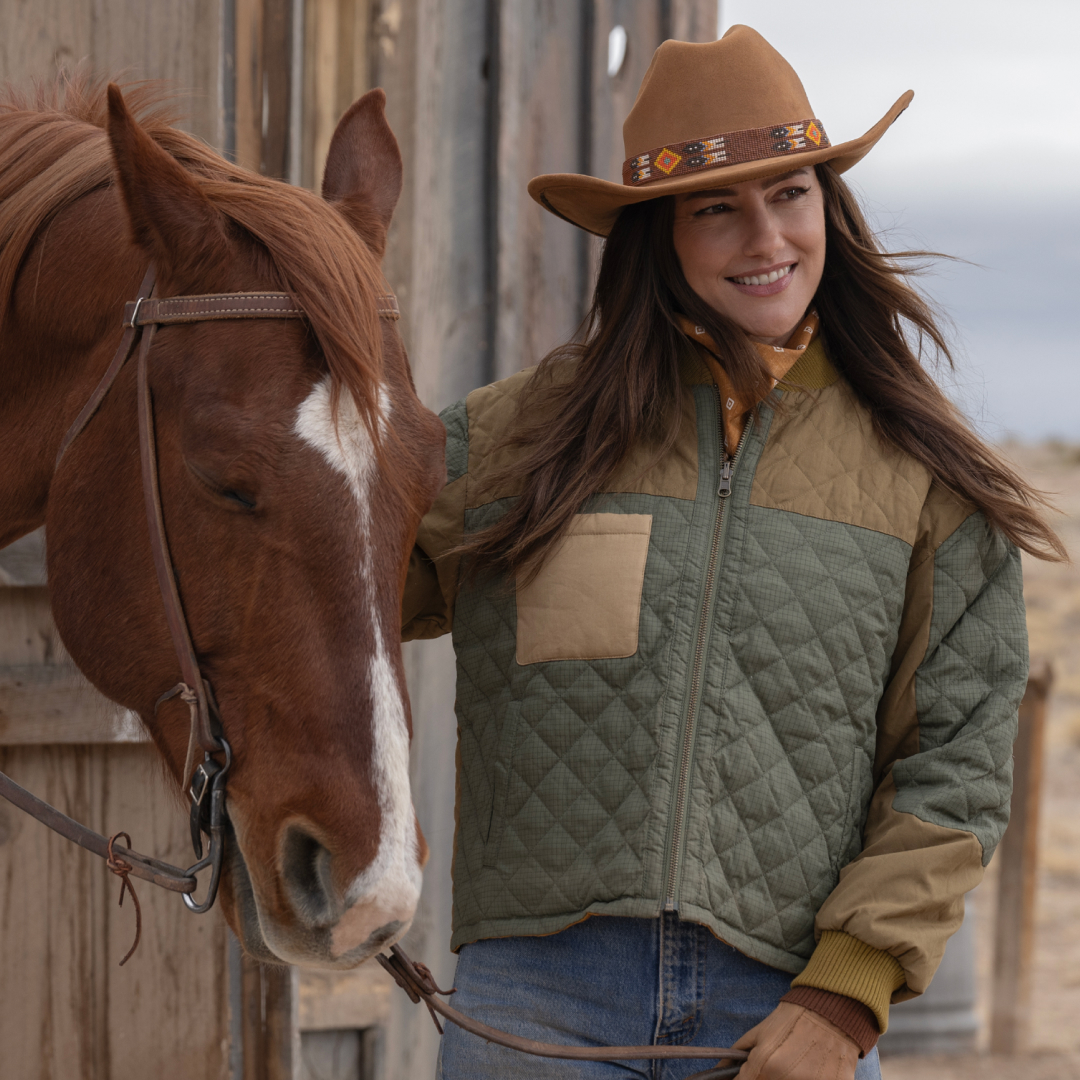 What to Know About the 'Ransom Canyon' Cast
What to Know About the 'Ransom Canyon' CastMove over, 'Yellowstone,' a new ranching series is in town.
By Radhika Menon
-
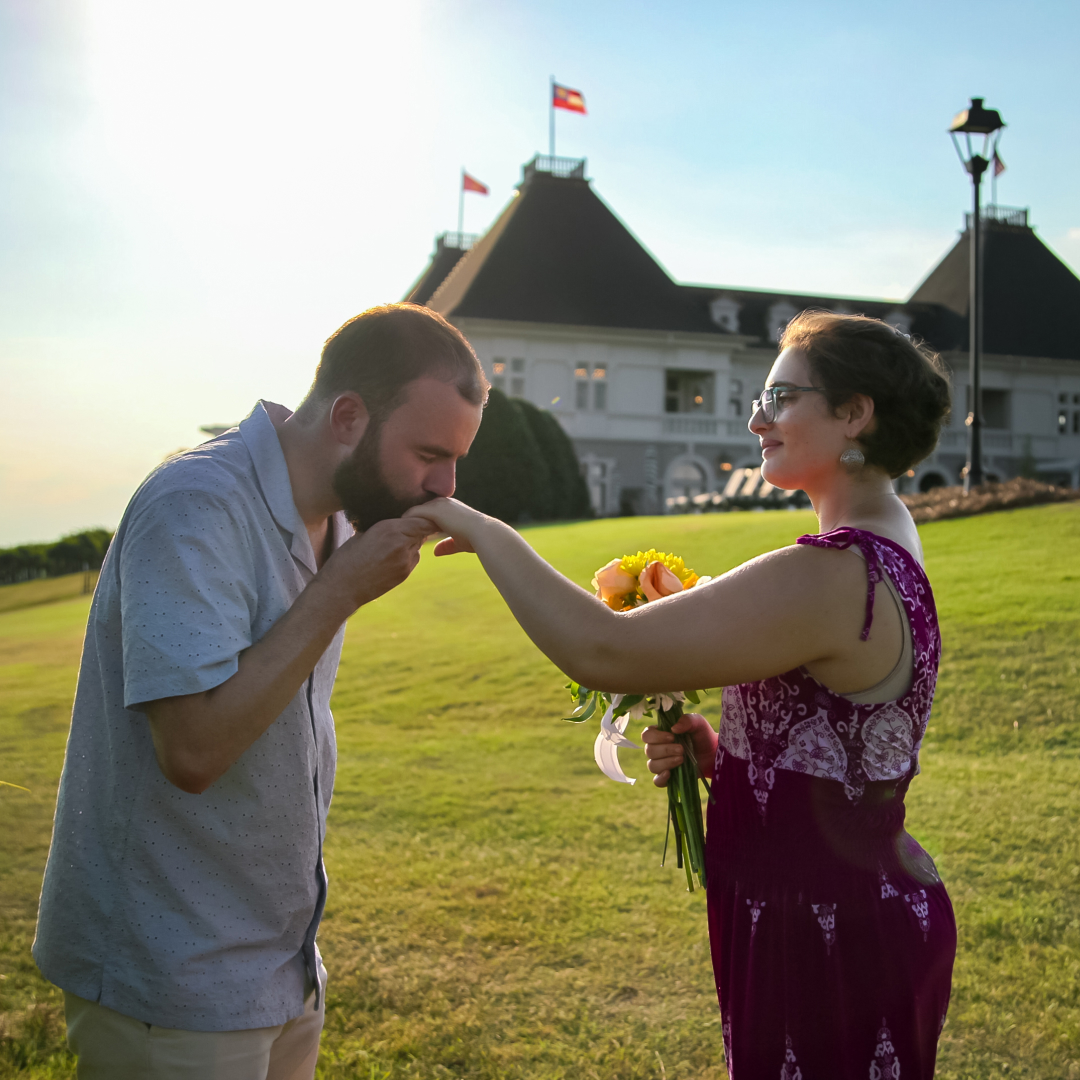 Meet the Cast of 'Love on the Spectrum' Season 3
Meet the Cast of 'Love on the Spectrum' Season 3Netflix's Emmy-winning dating show returns with both fan-favorite couples and standout newcomers.
By Quinci LeGardye
-
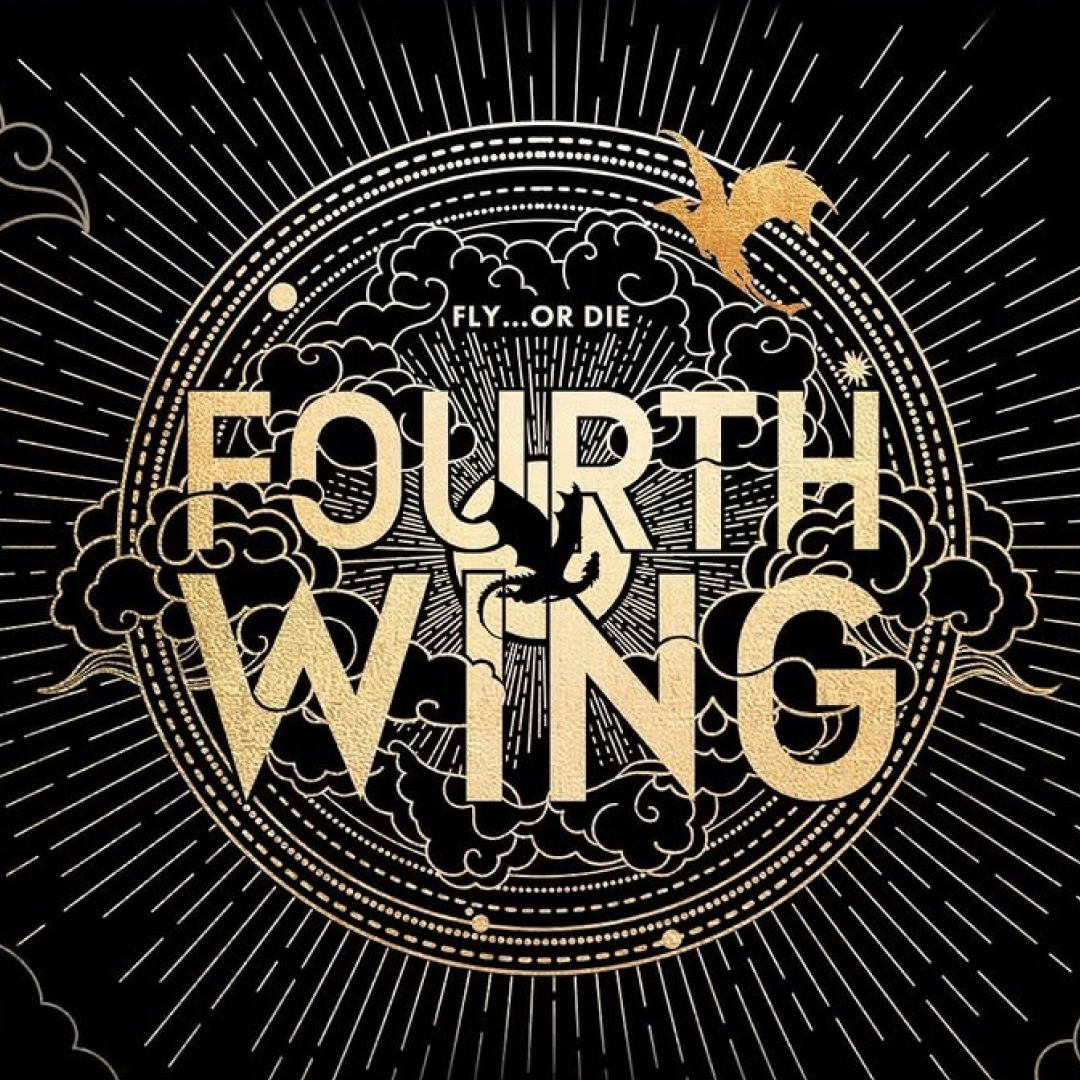 The 'Fourth Wing' TV Show: Everything We Know About the Series Adaptation
The 'Fourth Wing' TV Show: Everything We Know About the Series AdaptationRebecca Yarros's bestselling romantasy series is getting the Prime Video series treatment.
By Quinci LeGardye
-
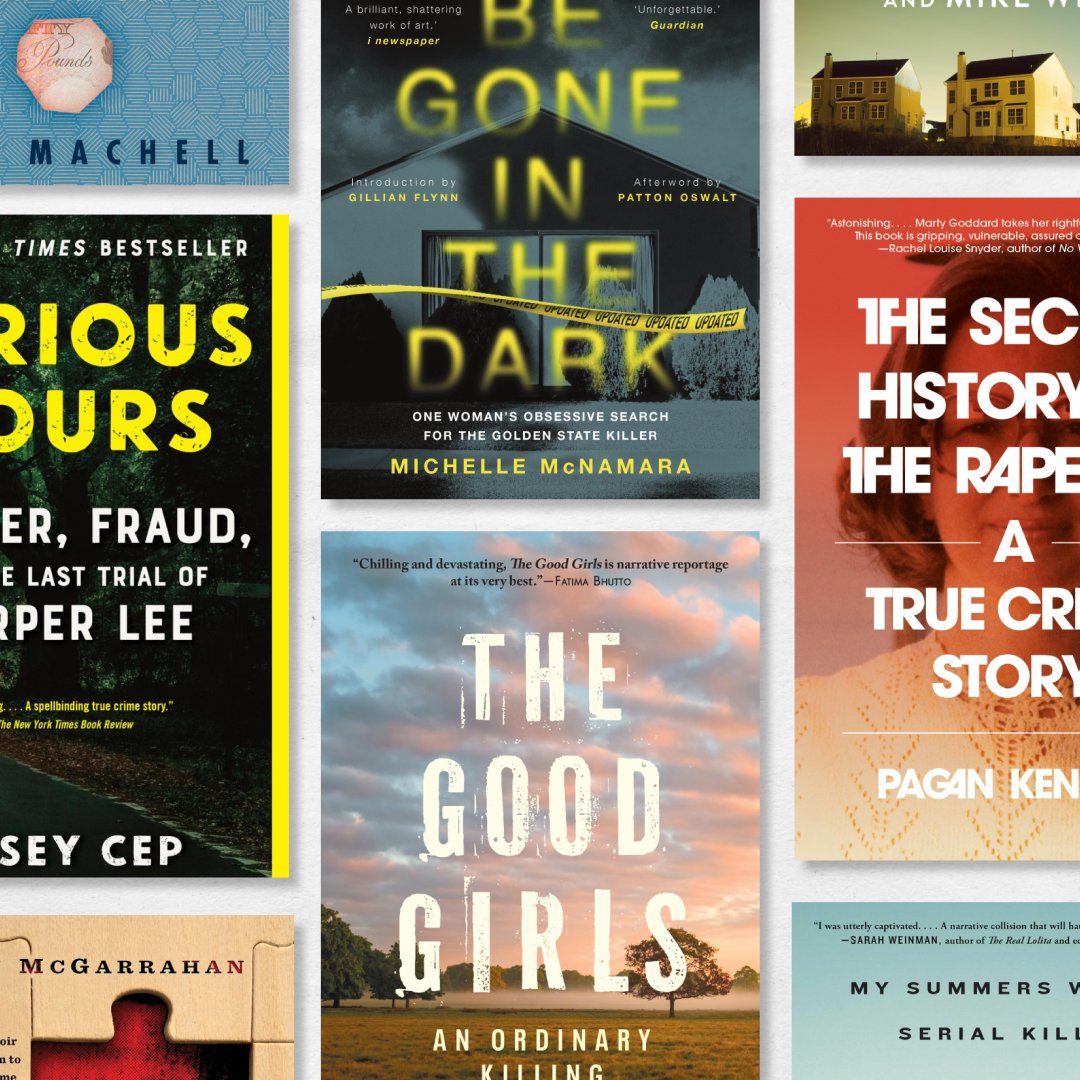 The 20 Best True Crime Books to Read in 2025
The 20 Best True Crime Books to Read in 2025These nonfiction titles and memoirs about serial killers and scammers are the definition of page-turners.
By Andrea Park